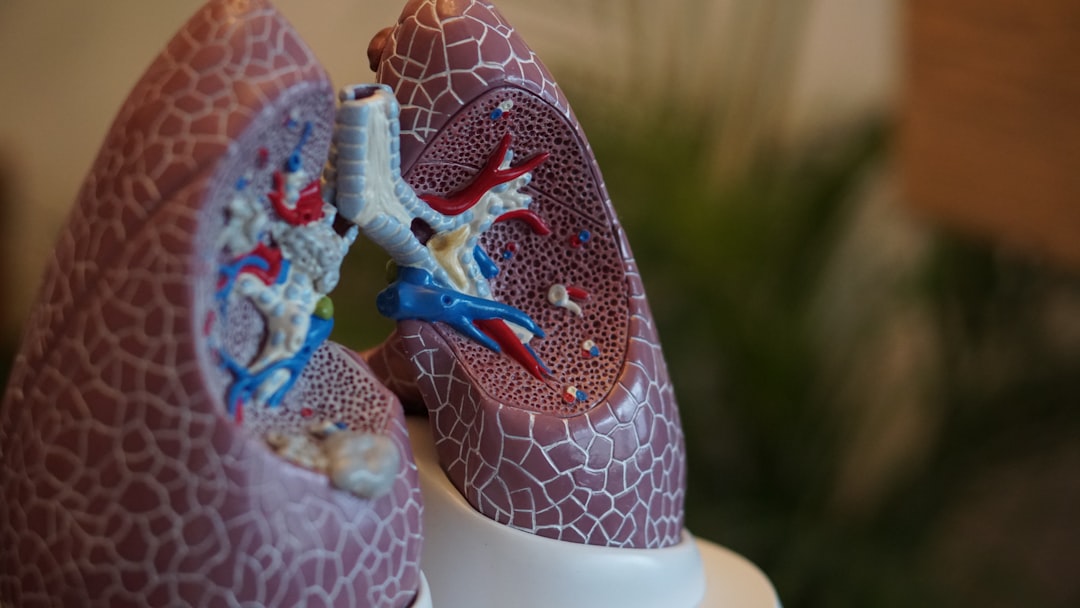What is it about?
Lung transplantation has a poor outcome overall (only about a 50% 5-year survival rate). This paper looks at a neglected area, namely variations in donor genes as a determinant of the outcome of lung transplantation. We were specifically interested in a molecule called HLA-G that inhibits immune responses that would damage the transplanted lung. We found that specific variants in this gene in the donor are associated with differing outcomes in the recipient.
Featured Image

Photo by Robina Weermeijer on Unsplash
Why is it important?
Consideration of donor genes, and more broadly various donor attributes, has the potential to improve lung transplant outcomes. This may lead to changes in the way donors are selected for recipients. Even when the donor's genetics are unfavourable for a particular recipient, there may be ways to modify its expression in the future and therefore mitigate this issue.
Perspectives
Our findings were a reminder that genes from the donor continue to influence the outcome of the transplanted lung in the recipient's body. This offers a fresh perspective as a clinician-scientist caring for patients undergoing lung transplantation, while also inspiring new scientific approaches in this dynamic field.
Stephen Juvet
University Health Network
Read the Original
This page is a summary of: Donor human leukocyte antigen-G single nucleotide polymorphisms are associated with post-lung transplant mortality, European Respiratory Journal, June 2019, European Respiratory Society (ERS),
DOI: 10.1183/13993003.02126-2018.
You can read the full text:
Contributors
The following have contributed to this page










